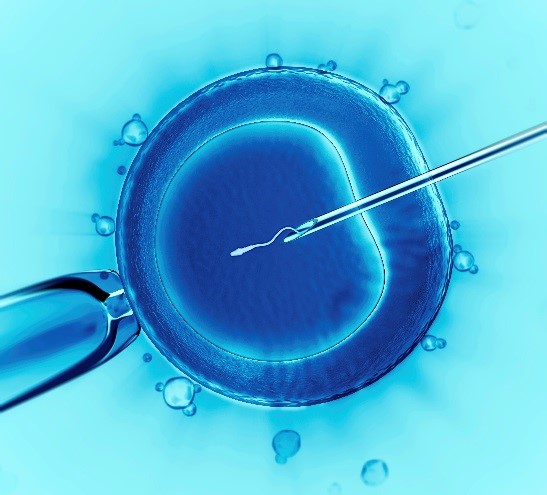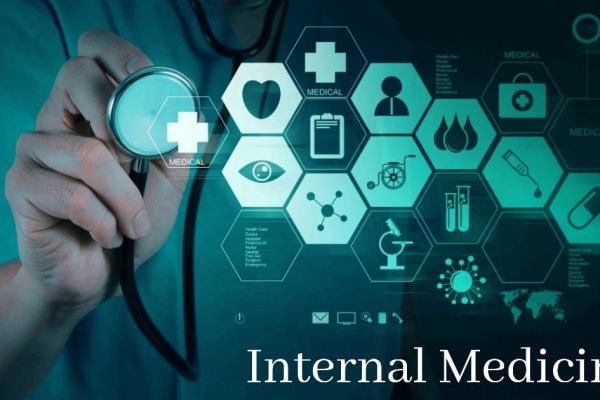Hormones are the chemical messengers in your body. Your female sex hormones regulate reproductive system processes and functions such as ovulation, menstruation, and pregnancy. If you have problems affecting your endocrine system, which impairs hormone production, that can also make it difficult to get pregnant after having unprotected sex for more than a year. In such a situation, a specialist in reproductive endocrinology Bedford can help develop a treatment plan to improve your fertility. One of the common infertility treatments your reproductive endocrinologist might recommend is In Vitro Fertilization (IVF).
A specialist in IVF therapy will often ensure that fertilization involves only healthy sperm and eggs. After a sperm fertilizes an egg, there is a gradual formation of an embryo.
Before transferring the embryo into your uterus, you may have to take the medication your doctor provides to prepare the uterine lining to promote embryo implanting.
Subsequently, below are reasons your health provider can recommend in-vitro fertilization to address your infertility problems.
1.Blocked or damaged fallopian tube
The fallopian tubes contract and have hair cells lining them to promote the passage of the fertilized egg to your womb. Fallopian tubes connect your ovaries to the uterus.
If you have blocked or damaged fallopian tubes, they impede fertilization and the passage of fertilized eggs from the ovaries to the uterus.
Using IVF therapy, your doctor introduces a fertilized egg directly into the uterus; thus, fallopian tubes do not play a role in your pregnancy.
2.Absent or disrupted ovulation
Ovulation is a process that involves releasing a mature egg, which has undergone meiosis, from your ovary.
During that time, you are most fertile because mature eggs are made available to be fertilized by sperm cells.
After sexual intercourse, sperm can live inside your reproductive tract for about five days if the conditions are excellent, improving your chances of getting pregnant.
When ovulation does not occur or gets disrupted, the ovary does not produce and release a mature egg. Some common ovulation disorders that should worry you include polycystic ovary syndrome, excess prolactin, premature ovarian failure, and thyroid dysfunction.
3.Endometriosis
According to the Office of Women’s Health, endometriosis affects about 7 million American women. The condition involves a tissue resembling the endometrium, the uterus lining, occurring in other parts of your body, particularly in the fallopian tubes and ovaries.
The growth of the endometrial tissue can block the release of mature eggs from your ovary or block fertilization in the fallopian tubes and the passage of fertilized eggs to your womb.
4.Unhealthy sperms
Poor morphology, poor motility, and an abnormal pH level are some reliable characteristics indicating an unhealthy sperm. Also, the semen of your partner can contain an alarming level of dead sperm.
As long as your partner has a sperm problem, it will be difficult for you to become pregnant.
IVF treatment is also excellent for preserving fertility, especially if undergoing cancer treatment. Harvested eggs from your ovary can be frozen and stored in a laboratory for use later.
Contact Effortless IVF today to schedule an appointment with a specialist in in-vitro fertilization and see if it can address the cause of your infertility.











